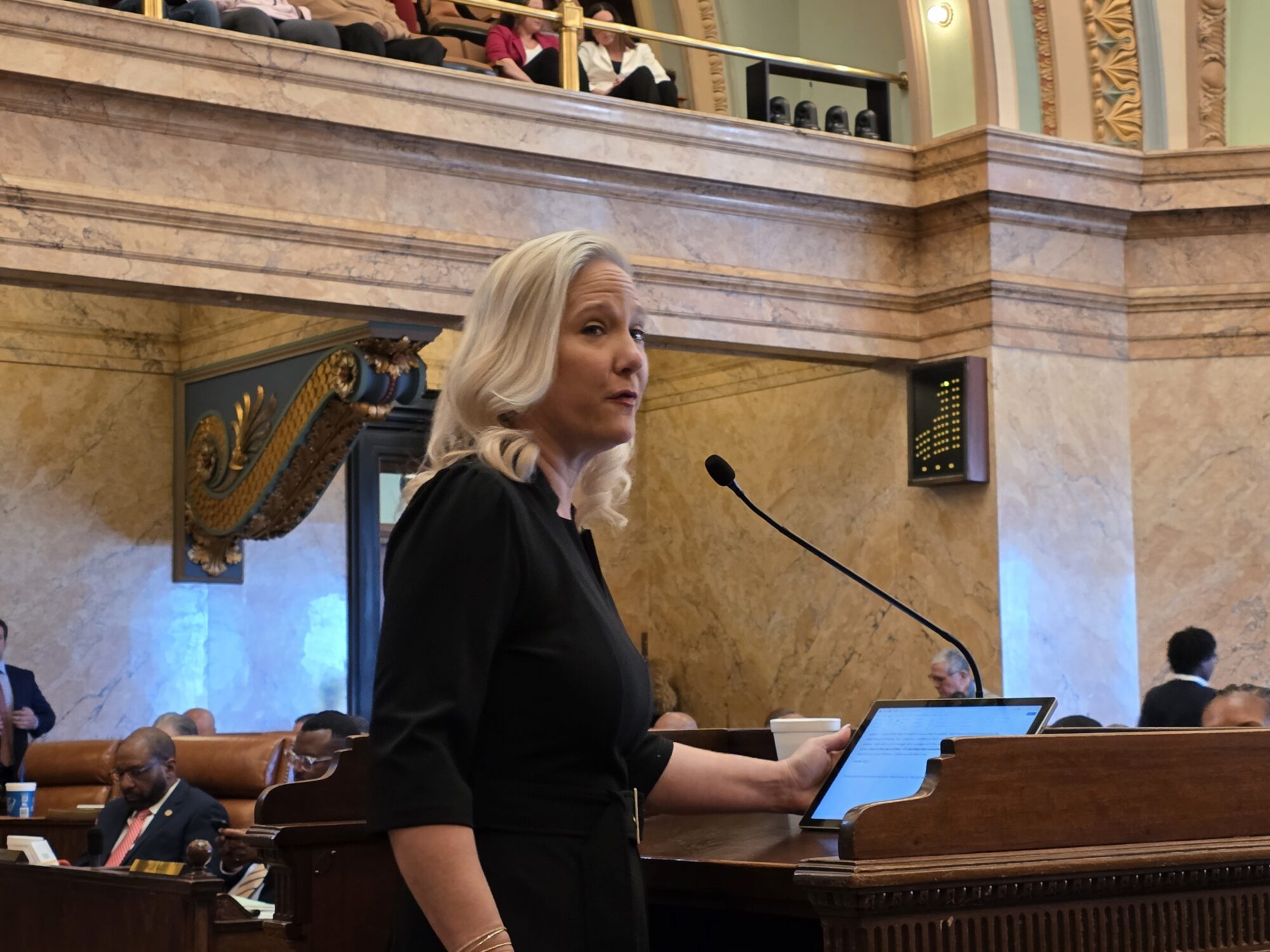It’s not uncommon for a variety of policy and political organizations to publish annual scorecards to grade legislators based on that group’s special interests. Some grade lawmakers on how business friendly their votes may be or whether they support education or charter schools when the big board lights up.
So when the Mississippi chapter of Americans for Prosperity issued their first scorecard it wasn’t out of the ordinary from a general practice standpoint.
“AFP’s Economic Freedom Scorecard was designed as a comprehensive education and accountability tool for voters,” executive director Russ Latino told Y’all Politics. “The bills and amendments selected correlate directly to our MSGrowthProject.com policy roadmap on tax, spending, regulatory and education reform.”
Latino said he believes “the evaluation of votes through a free market, limited government lens makes the Economic Freedom Scorecard unique, as does the breadth of the evaluation (having looked at approximately 5,300 votes). The more information voters have, the better. It’s their government.”
However, the AFP scorecard has caused some consternation among a few lawmakers.
State Rep. Charles Busby, chairman of the House Transportation Committee, was graded a C, mainly because of his willingness to discuss an increase on the gas tax as a way to address the state’s failing infrastructure. That position cost him 15 points on the weighted scorecard dropping him to a 76.
“I have been tasked with solving a major issue regarding the transportation infrastructure of Mississippi,” Busby said. “My committee members, my house colleagues and our senate counterparts all recognize that we have a problem and the problem is ours to solve. Though the path to potential solutions is quite varied, all are diligently, deliberately and positively engaged to address this issue in the best interest of all Mississippians and I desperately appreciate their efforts.”
Busby, known for his strong conservative stances on the second amendment, charter schools, reforming MAEP, and the like, didn’t take kindly to the grading.
“Stones cast by those not engaged positively in finding the best solution to this problem mean absolutely nothing to me!” Busby said.
AFP has been a staunch opponent of any increase in the gas tax since its inception.
Latino defends AFP’s grading scale and the weight it placed on three selected areas, noting, “The weighted component of the Economic Freedom Scorecard contains three issues that are likely to have a significant impact on citizens. All three were AFP priorities during the legislative session and should have surprised no one.
The three selected areas of emphasis were the Taxpayer Pay Raise Act, the gas tax, and charter school expansion. These accounted for 40% of the total grade.
“Many of our legislators campaign on being in favor of low taxes, limited government and free markets,” Latino said. “They should have no problem voting for a tax cut that will create an atmosphere more conducive to growth for everyone, voting for legislation that expands parental choice in how our children are educated, and standing against massive tax increases that hurt working families.”
Still, the argument can be made by onlookers that consistent conservative votes in the legislature were downgraded more or less as a result of their willingness to explore difficult solutions to a growing problem, as Busby noted in his comments, while others who voted against their chamber’s conservative leadership at times were given higher scores.
Latino says AFP doesn’t look at it that way.
“The beauty of AFP being policy focused is that it’s not about partisanship or factions,” he said. “At the end of the day, we will recognize those that are consistently voting for free market, limited government policy. Legislators’ votes are their record.”
*** Full AFPMS 2016 scorecard below:
AFPMS 2016 Scorecard by yallpolitics on Scribd







